Editorials
– “Iran” Newspaper handled the US presidential debate, particularly their viewpoints about Iran and the nuclear deal.
– Kayhan newspaper attacked the Security Council, criticizing its role in Syria
Iranian News Roundup
– OPEC plans to freeze oil output
– Iran’s gas exports reached 4 billion cubic meters
– Financial aid cuts to Iranian families
– Zarif is headed to Turkey coming from New York
– Iran and Italy launch joint naval drills
![]()
Iran Newspaper
Iran’s hot debate hub between Hillary and Trump
An editorial in Wednesday’s ‘Iran’ newspaper discussed Monday evening’s US presidential debate between the two candidates, Hillary Clinton for the Democrats and Donald Trump for the Republicans, focusing specifically on their statements and their parties’ policies on how the US would deal with Iran.
Despite the candidates’ disagreement on the sanctions imposed by the US against Iran, both agreed that the sanctions had been effective; Trump said that the sanctions had brought the Islamic Republic of Iran to the verge of collapse, and criticized the Democrats’ policies which he said had strengthened Iran and enabled its expansion domestically and overseas.
Clinton, meanwhile, said that the sanctions had forced the Iranian regime to the negotiating table
The editorial observed that Trump’s rhetoric had changed, with no mention in his speech of his previous promises to tear up and destroy the nuclear deal if he came to power in the White House. It suggested that this might indicate his increasing awareness after being informed by his advisors that the nuclear deal is not a bilateral agreement between the USA and Iran since it was also signed by other major powers who are committed to its implementation. This had led to a modification of his previous position although he is still critical of the deal, the editorial added.
While there is no substantial difference in the policies of the two candidates towards Iran, it’s clear that Trump is displeased at the expansion of Iran’s regional influence and is unlikely, should he win the election, to tolerate further expansion, while the Democrats are more likely to continue turning a blind eye to Iranian intervention in regional countries.
Kayhan Newspaper
Syria crisis has eliminated the UN Security Council
An editorial in Wednesday’s Kayhan newspaper criticized the UN Security Council for its inability to resolve the Syrian crisis after the collapse of the latest cease-fire agreement. The editorial said that the UNSC has shown that it is incapable of managing the political and security issues surrounding the Syrian crisis, meaning that the body will have no influence in Syria’s future.
The editorialist stated that the recent changes in the situation in Syria raised some important issues for the UN and the Security Council. Firstly, it said, the UNSC faces an internal split among its five permanent member states – Russia, China, the USA, Britain and France – characterizing the USA’s, Russia’s and the European powers’ relations with one another as being based on mutual antagonism, with each wishing to curb the influence of the other.
Following the crisis in Ukraine, relations between Russia and America, Britain and France are already strained, the editorialist suggests, with the UNSC largely relegated to the status of an irrelevance intervening only in unimportant issues while deferring consideration of major problems for months or years until the competing world powers reach consensus. Based on these observations, the editorial adds, many analysts believe that the age of the UNSC is coming to an end. Some also suggest that Britain’s rejection of the formation of a European army is also due to the anticipated end of the era of the old political blocs, with a number of analysts forecasting the collapse of the European Union and NATO.
On Syria, the editorialist rejects US claims that Daesh (ISIS) is in the process of moving its activities to southern Syria, suggesting that this is part of a plan by the US to ease the pressure on the Aleppo front and that this is a strategy formulated to contribute to the launch of a regional war extending from Syria to Lebanon and Palestine. In such an eventuality, the editorialist suggests, the Lebanese Hezbollah militia is likely to enter into a military confrontation with Israel, which he predicts will intervene militarily in favor of the US military presence in southern Syria. The editorial concludes by asking whether the US failure to achieve a decisive victory in northern Syria due to the ineffectiveness of its ground forces and the lack of active American allies in the area, despite its presence at the Incirlik airbase in southern Turkey, means that the same scenario will be repeated in southern Syria.
Vatan Emrouz Newspaper
Student unions’ role in response to “years of study” legislation
An editorial in Wednesday’s Vatan Emrouz discussed protests by student unions over Iranian universities’ implementation of recently introduced legislation, which many students feel to be unjust.
Since the beginning of this year, discontent has been rising among students in Iran, with protests and sit-ins seen by students across the country over the implementation of the new ‘years of study’ legislation. According to Article 15 of the recently introduced legislation, students who fail to complete their Bachelor’s degree within the allotted four-year period can obtain an extension of further two-and-a-half years to finish their degree. However, some Iranian universities, including the prominent Sharif University of Tehran, have refused to implement the new legislation, while others have introduced amendments to it such as reducing the grades of or demanding money from students extending their studies.
The editorial condemns the lack of consistency among the universities in dealing with students, asserting that penalizing poor academic performance of some students with fines is unfair, more especially since the majority of students are already facing financial hardship and most come from disadvantaged backgrounds.
Many analysts feel, however, that this is simply another crisis manufactured by the regime in order to prevent students from engaging in political activities or protesting about the social problems afflicting the country, pointing out that there have been no student union bodies active in political and social issues since the era of Khatami’s presidency over a decade ago.
![]()
♦Financial aid cuts to the families whose income exceeds $10 thousand annually
First, vice-president Isaac Jihangery sent a list of four thousand families to the ministry of cooperation to cut their financial aid. The list resulted from a draft law for the fiscal year 2016 to cut governmental aid to families whose annual income exceeds $10 thousand. Based on that assumption, two issues emerge about this list, 1- the time to start these cuts is unidentified 2- No clear mechanism of implementation, which means that this list will go to the sideway. In addition to that, there is a big dispute between the government and the parliament, which is evident when the list was returned back to the ministry of cooperation, asking for advice if the cuts are legal.
Source: Saham Radio Site
♦One death every three hours caused by drugs consumption
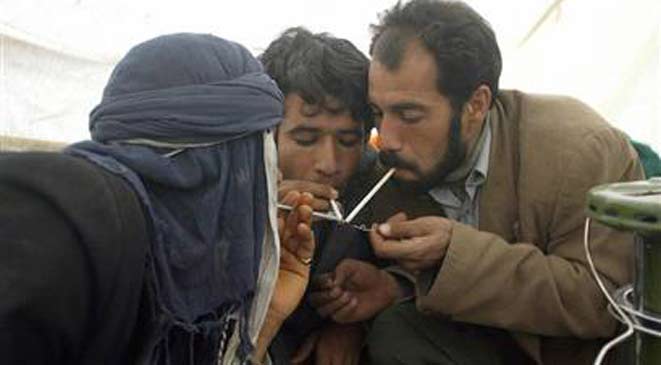
One death caused by drugs consumption every three hours in Iran, Arman newspaper reported. According to the newspaper, this rate is constant and increasing because of the kinds of drugs and tools used by addicts. The newspaper also reported that drugs seizure has increased13%, 10% increase in drugs consumption, 124% increase in morphine consumption, arrested reported 10% increase, and 2880 deaths.
Source: Arman Emroz Newspaper
♦Increase in Iran’s strategic water reserves
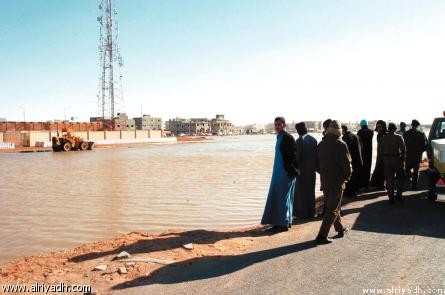
The Iranian deputy minister of energy, Star Mahmoudi declared an increase of 70 billion cubic meters in Iran’s strategic water reserves by the end of the sixth development program. These reserves amount to 50 billion cubic meters and are expected to increase another 20 billion cubic meters as planned by the end of the sixth development plan in 2020.
Source: Ebrar Eghtisadi Newspaper
♦Iran’s gas exports reached 4 billion cubic meters
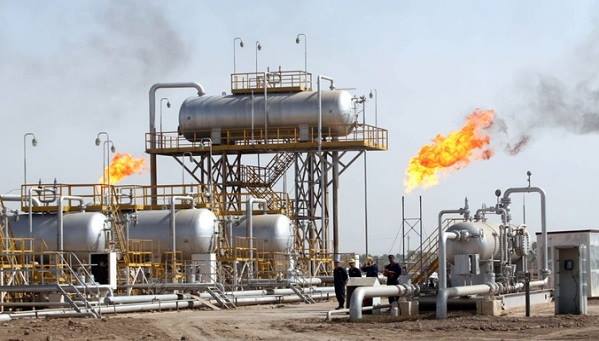
Head of the Iranian national gas company Mahdi Jamsheidi Dana said that the Iranian gas exports during the first half of this year amounted to 4 billion cubic meters. He added that Gas exports achieved 3.4% increase compared with the same period of last year, and two billion cubic meters increase in sweet gas.
Source: Abrar Eghtisadi Newspaper
♦The arrest of four armed individuals in Kurdistan

The Iranian authorities have arrested four armed individuals in the Marivan City in the Iranian Kurdistan Province who were aiming to launch terrorist attacks in the country. This group took North Iraq as a post and infiltrated to Iranian territories to launch terrorist attacks as stated by the same sources.
This group has changed its strategies and policies of hostility to the revolution to launch attacks inside the country through dispatching small military groups to Iran, but the Iranian security forces arrested some of them last week, the sources added.
Source: Sharq Newspaper
♦Zarif is headed to Turkey coming from New York
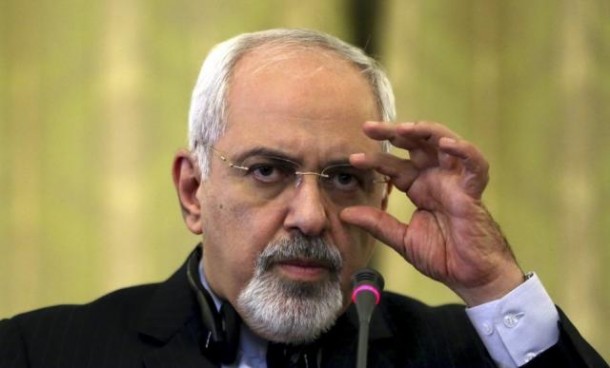
During his trip back from New York after participating in the UN General Assembly, Iran’s foreign minister Mohammed Javad Zarif will meet his Turkish counterpart Mevlut Cavusoglu to discuss the bilateral relations and strengthen political, cultural, and economic cooperation between the two countries.
Earlier, the Iranian deputy minister for the Arabian and African affairs was headed to Turkey. He held talks with his Turkish counterparts about the regional developments, bilateral relations, and the Syrian crisis.
Source: Tasnim Agency
♦Isaac Jihangiri criticizes the big size of the government
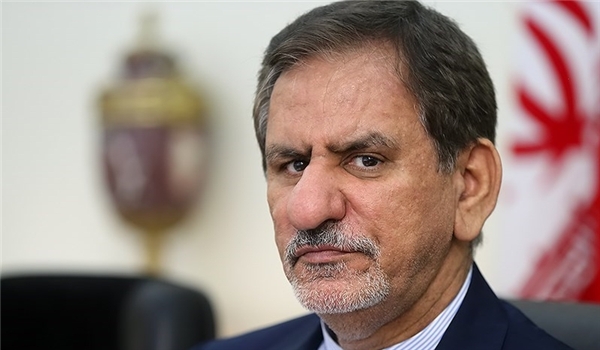
Rouhani’s first vice-president Isaac Jihangiri said in a meeting held to honor retired people, that the size of the government is too big and consumes all governmental revenues. He added that retirement funds have become a burden on the government’s budget. The government’s income does not exceed the running costs of projects, which means the absence of a clear view about the governmental budget to improve the construction projects and reach the required development, he asserted. 100% of the military retirement funds and 75% of the civilian retirement funds rely on the government’s budget, which represents a challenge for the government, Jihangiri concluded.
Source: Sharq Newspaper
♦Joint naval drills between Iran and Italy in the Arabian Gulf
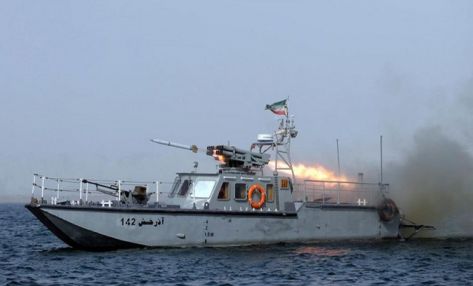
The PASSEX drills were held yesterday between the Iranian naval forces and the Italian warship “Euro” in the Arabian Gulf. Commander of Iran’s first naval zone Admiral Amir Hussein Azad stated that these joint drills at Bandar abbas port up to Hormuz Strait reflect the strong relations between the two countries and improve the combat capabilities of both navies.
Two Iranian destroyers Alvand and Alborz participated in the joint military exercises in addition to an air fleet helicopter and an Italian chopper, Azad added.
Source: Etilaat Newspaper
♦Legal and judicial cooperation between Iran and Oman
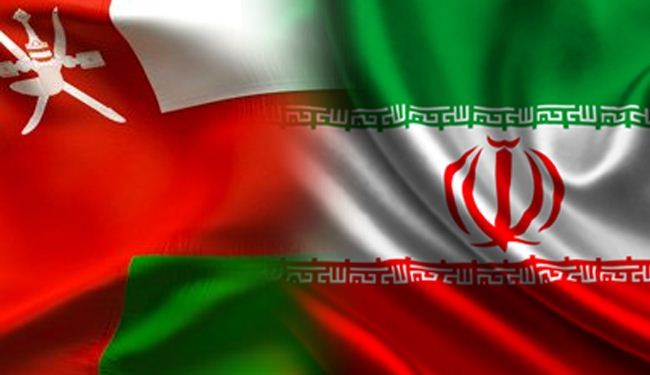
The Iranian and Omani Attorney Generals signed a legal and judicial cooperation agreement between the two countries. The Iranian Attorney General Mohammed Jaafar Muntaziri said during his meeting with his Omani counterpart that Iran is fighting corruption but still has not achieved full success in this regard.
“The Muslim world is now facing critical threats by the world’s tyrants, especially the U.S. and the Zionist entity who are trying to divide the Muslim world and turn it into weak entities, which is evident in the civil wars and crises in our countries,” Muntaziri claimed.
Source: Etila’at Newspaper
♦Haddad Adel: all are concerned about the nuclear deal
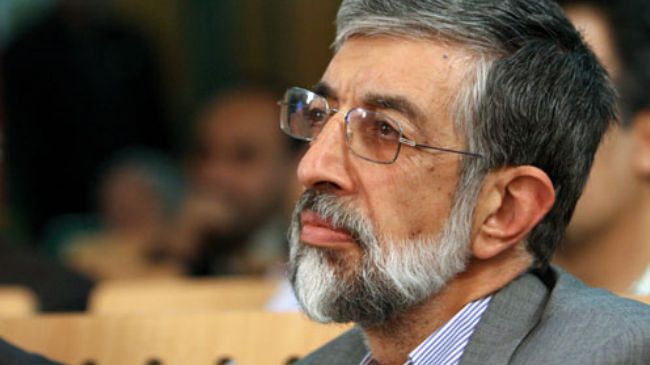
The Iranian Leader’s advisor Golam Ali Haddad Adel tweeted on his personal account that everybody is concerned about the joint working plan, saying, “Earlier, only conservatives were concerned, but today, everybody is.”
Source: Mashrigh Site
♦OPEC session coincides with the escalated tension between Iran and Saudi Arabia
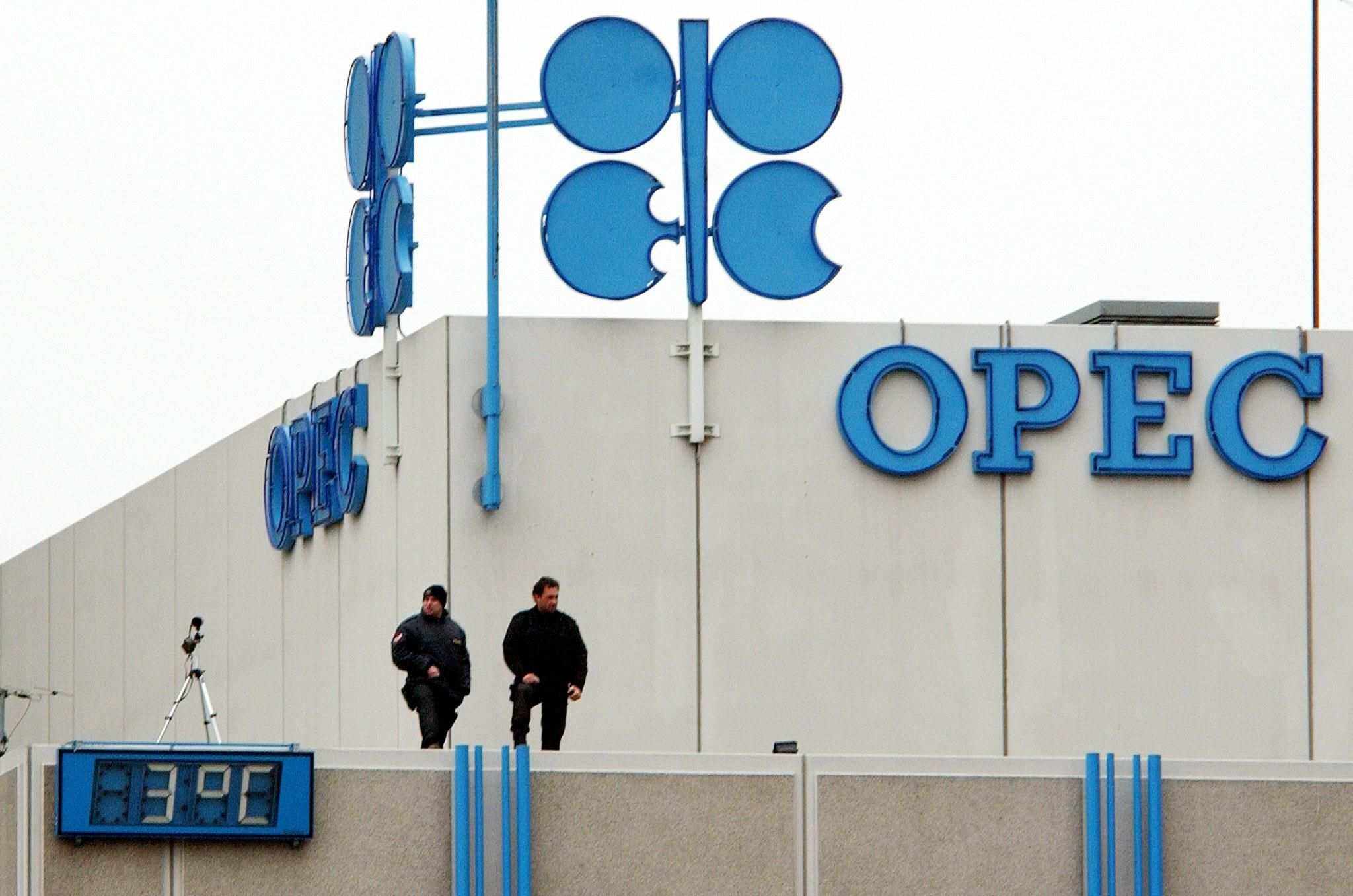
On the sidelines of the last day of OPEC talks in Algeria, delegations will conduct a session to stabilize oil prices and prepare the ground to overcome problems. This session coincides with the escalated tension between the two major oil producers, Saudi Arabia and Iran.
The Iranian minister of petroleum Bijan Zanganah said that his country will not freeze its oil output and will never sign any agreements concerning this issue.
Source: Farda Radio Site
